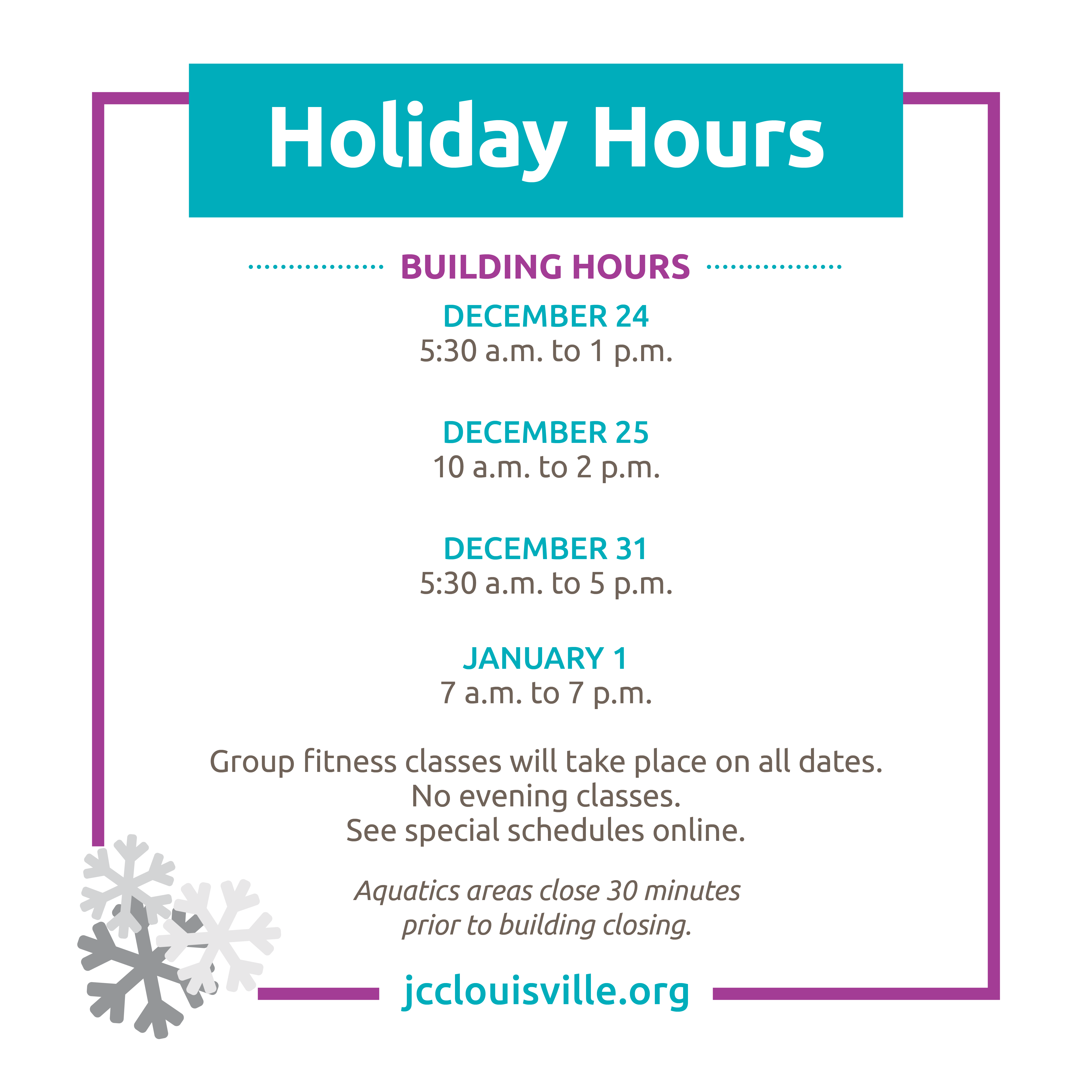by Shiela Steinman Wallace, Editor
The Pakistani American community and Interfaith Paths to Peace hosted Louisville’s third annual Interfaith Iftar Dinner. The program was held Wednesday, July 17 at Second Presbyterian Church.
Several hundred people came to the program, which focused on interfaith peace and understanding and Louisville’s spirit of compassion, and joined the Islamic community in the traditional Iftar dinner, breaking the daily Ramadan fast as one community.
After welcoming remarks from Dr. Abdul Jabbar of the Louisville Islamic Center, who served as the evening’s emcee, and Rev. Steve Jester, the pastor of Second Presbyterian, Dr. Muhammad Babar, one of the event’s primary organizers, set the tone. We sit together as one human body, he said. Every one of us is a chosen one. Tonight we make a call for compassion and speak with the language of hope – with no fear and no hatred.
Mayor Greg Fischer spoke of Louisville’s commitment to being a compassionate city, a global city that welcomes immigrants from around the world and values our diversity as our strength. He set forth three goals for Louisville. He wants Louisville to be a city of lifelong learning and innovation; a healthier city and a more compassionate city.
Terry Taylor, executive director of Interfaith Paths to Peace, introduced the panelists for a discussion on “Standing Shoulder-to-Shoulder in Compassion.” Rev. Martin Brooks, the Midwest regional director of Peace Catalyst International served as Moderator. The panelists were Rev. Dr. Cynthia Campbell, pastor of Highland Presbyterian Church and president emerita of McCormick Theological Seminary; Dr. Kiarash Jahed a resident in radiology at the University of Louisville hospital and student of Islam; and Leon Wahba, a member of the executive committee and past chair of the Jewish Community Relations Council.
Dr. Jahed spoke of his quest for tranquility and called spirituality the Xanax of the soul. For the Muslim, he said that means putting faith in God.
Dr. Campbell compared the Christian observance of Lent to Ramadan, although not quite as rigorous. She said prayer is the way to find peace and focus in God. Practice leads people to lives of peace and devotion to God leads to love of neighbors.
Wahba drew from his own upbringing in Egypt. He equated the Islamic call to prayers, Allahu Akbar, God is great, and la eelah illallah, there are no other gods but Allah, to Judaism’s Shema – hear o Israel, the Lord is our God, the Lord is one. He regards his invitation to speak at an Iftar dinner an affirmation of his commitment to promoting understanding and tolerance between Jews and Muslims.
Following the Muslim call to prayer at sunset, guests and hosts shared a dinner featuring international food prepared by Jarfi’s catering.



